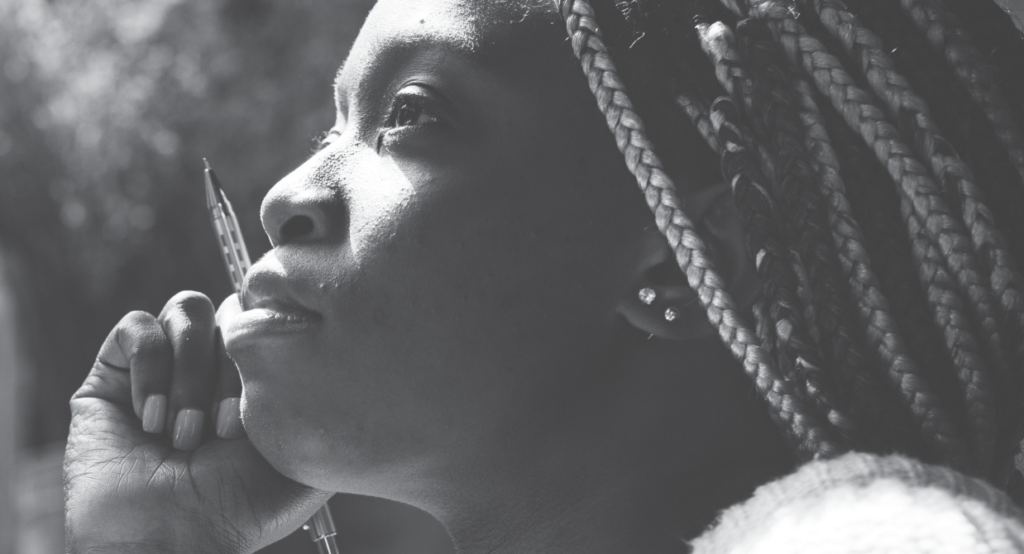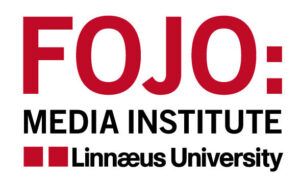Gender equality is a fundamental human right that many women in journalism are unable to fully enjoy, leading to feelings of disempowerment in the workplace. Although today most countries guarantee gender equality through their constitutions, many contexts fail to achieve it in practice due to significant hindrances. Therefore, this study will explore the barriers faced by women in journalism, specifically within the sub-Saharan Africa region, to better understand their lived experiences, and to consider ways forward so that steps can be made towards gender equality
in the industry.
In examining studies on this subject matter, most of the existing research on the representation of women in news media in Africa is more extensive than that of barriers to entry for women journalists. For example, in research on the demographics of journalists in Kenya, Ireri (2017) found that the average Kenyan journalist is male (66%), married (57%), and with the average age of 34. In contrast, a report by Daniels and Nyamweda (2018:34), on gender parity in South African newsrooms, found that while not all media organisations have achieved the Southern African Development Community (SADC) Protocol on Gender and Development gender parity target of 50% by 2030, there was a 50/50 split across the 51 media organisations in their study (women 49%; men 49%; other 2%). Although some organisations such as South African Broadcasting Corporation and Mail&Guardian showed a decline between 2009 (when gender ratios were 60% women for SABC, and 55% for Mail&Guardian), and 2018 (when gender ratios were 50% women for SABC, and 52% for Mail&Guardian).
Following a review of available reports, there is limited data available on barriers to entry for women journalists in sub-Saharan Africa. However, some studies done in Nigeria, for example, suggest that barriers begin to manifest with a change in marital status, when cultural expectations assigned to the role of ‘wife’ begin to interfere with the women’s work and career (Emenyeonu, 1991). Similar results are found in research on Arab women journalists (Melki & Mallat, 2016), and in Western media (Engstrom and Ferri, 1998). While Emenyeonu’s research found that 69.1% of respondents would not be bothered if their journalism career interfered with their marital life, the respondents were all single at the time of the research. The respondents who would be bothered included all the five married women participating in the research.
This study on gender barriers for women journalists in sub-Saharan Africa aims to fill gaps in established studies and contribute to existing work in this field.
This study considers the following three forms of barriers hindering women in journalism
- Challenges faced in entering the journalism profession,
- Challenges faced while in the industry. These challenges relate to factors that make it harder for women journalists to do the job; and,
- Barriers faced in relation to progression. These barriers relate to getting a promotion or an increase in pay and so forth.





